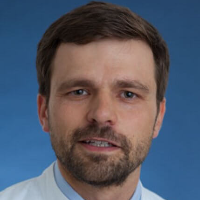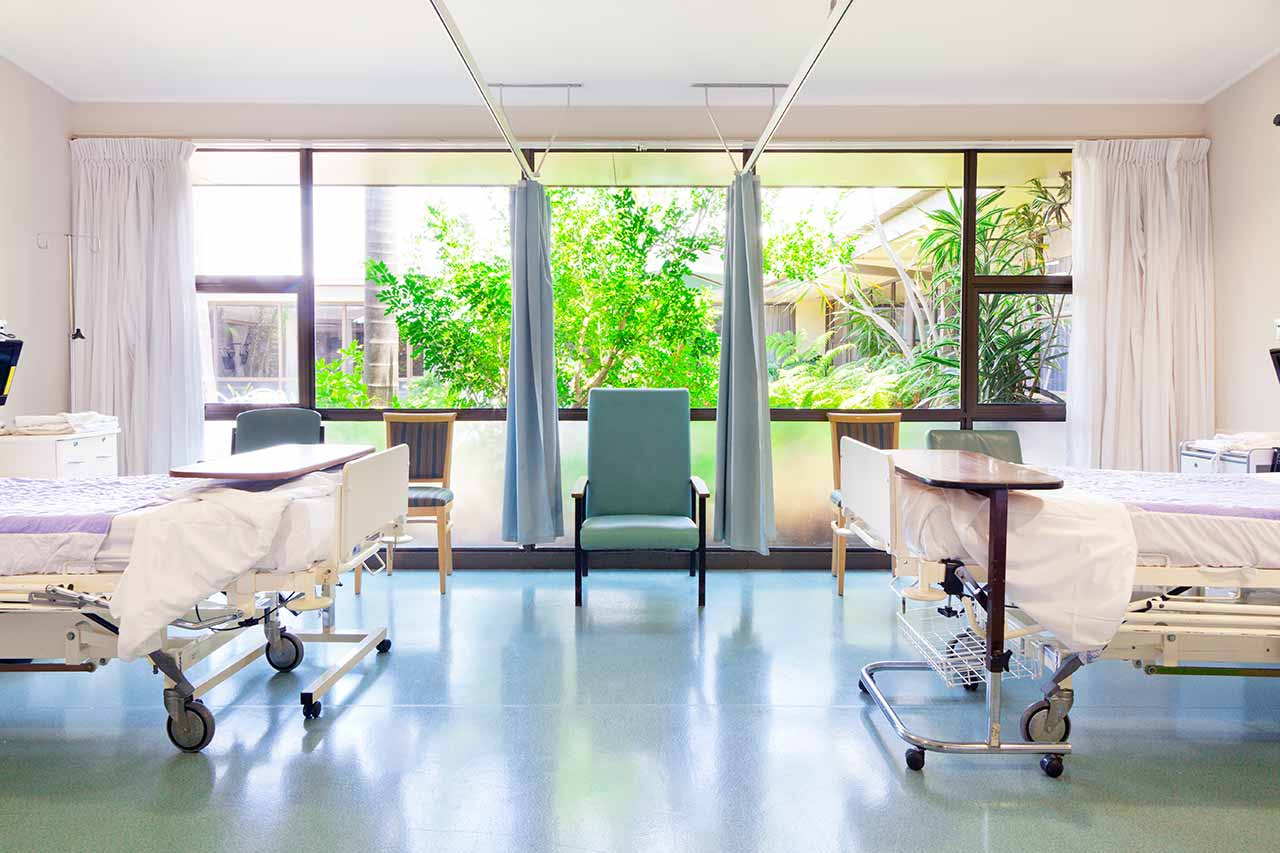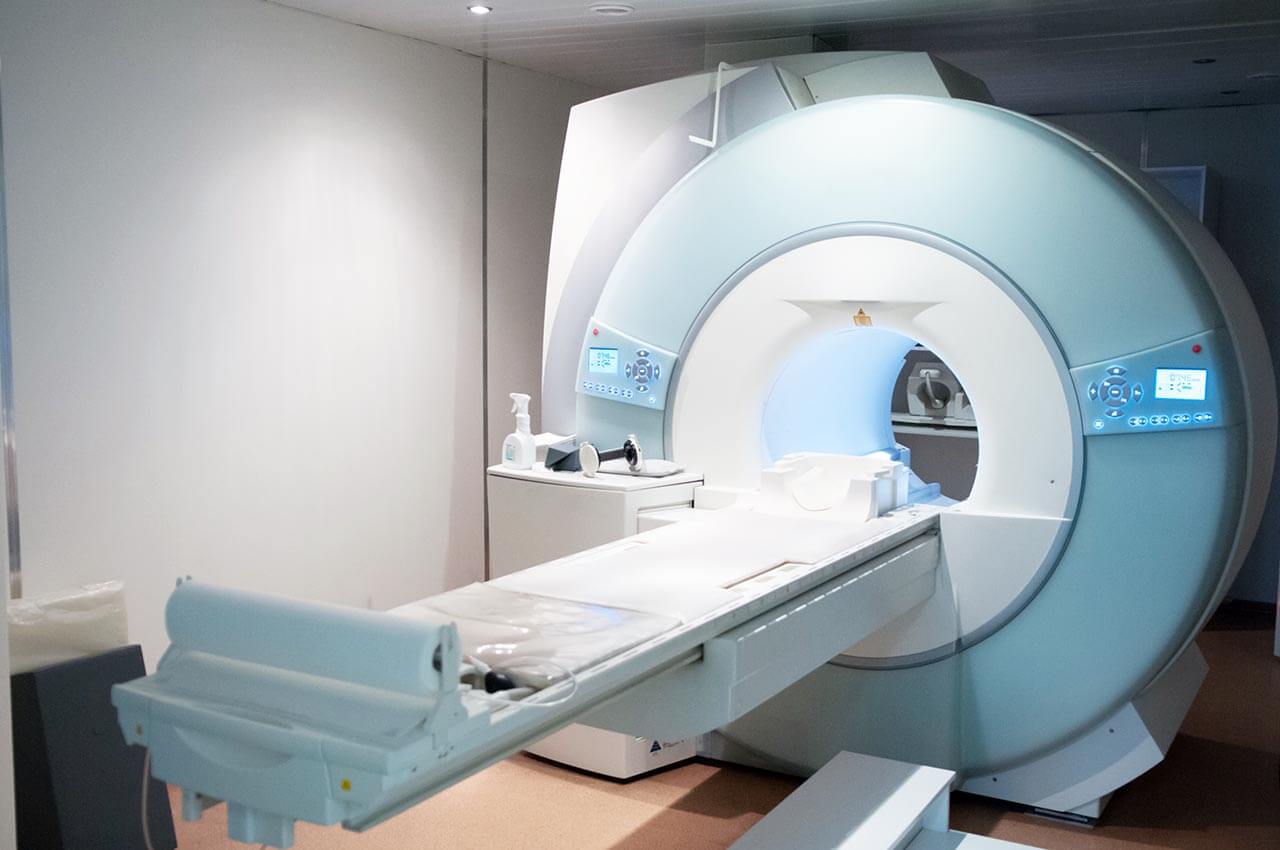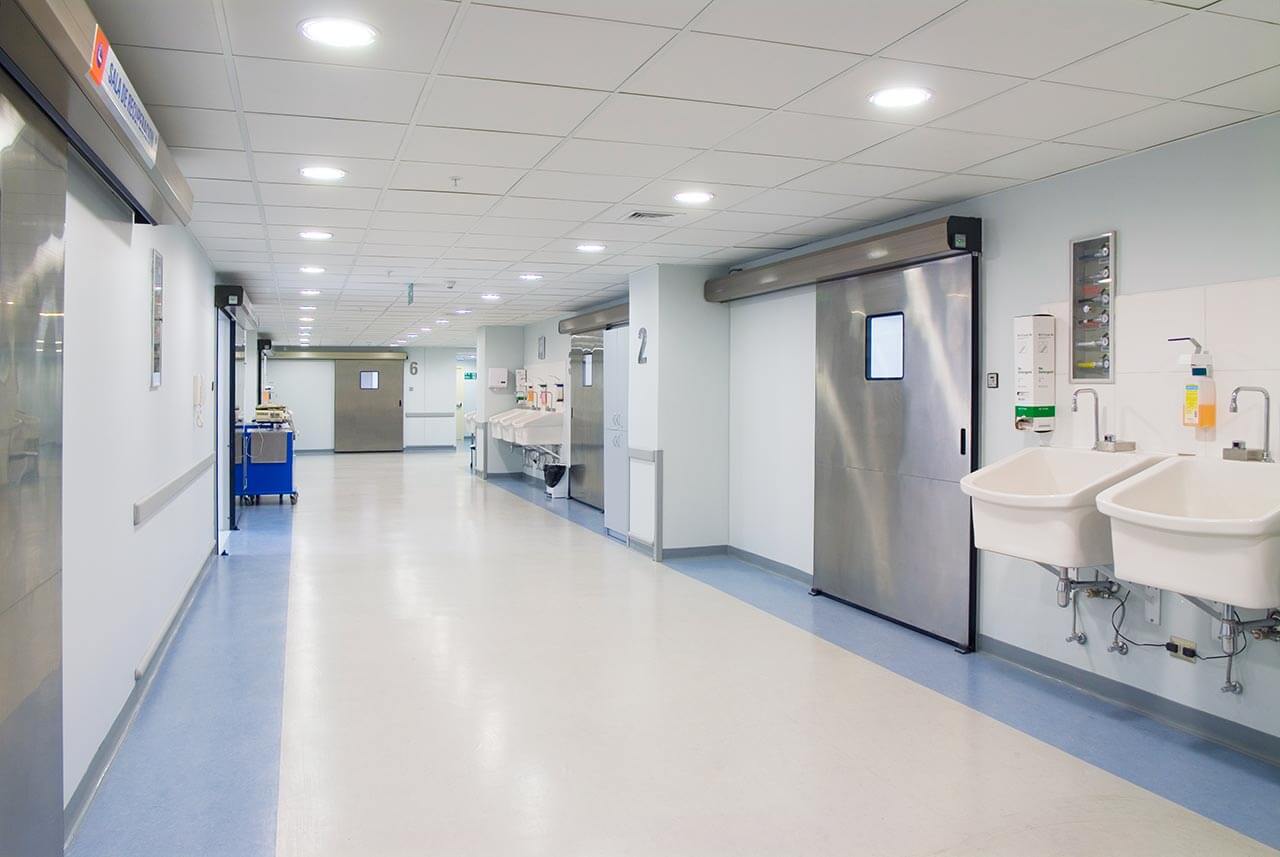
About the Department of Oncology, Hematology, Bone Marrow Transplant and Rheumatology at University Hospital Saarland Homburg
The Department of Oncology, Hematology, Bone Marrow Transplant and Rheumatology at the University Hospital Saarland Homburg provides the full range of services in the areas of its competence. The team of doctors at the medical facility specializes in the diagnostics and treatment of malignant hematopoietic diseases, solid malignant tumors of various localizations, and rheumatic diseases. All modern types of treatment are available in the department, including chemotherapy, targeted therapy, immunotherapy, radiation therapy, and hormone therapy. The department's specialists successfully use cell therapy, including autologous and allogeneic stem cell transplants and CAR T-cell therapy. An autologous bone marrow transplant has been performed in the department since 1991, and the first allogeneic transplant took place here in 1992. Thus, the experience in this area is quite extensive, and the treatment outcomes are at the highest level. Today, the department performs more than 80 autologous and about 40 allogeneic bone marrow transplants annually. CAR T-cell therapy is the most innovative form of immunotherapy and is available only in a few medical facilities in Europe. The treatment of rheumatic diseases in the department is based on the use of the latest medications. The department is headed by PD Dr. med. Lorenz Thurner.
The department provides the entire range of treatment for malignant blood diseases in the field of hematology. The most common diagnoses include acute leukemias, chronic lymphocytic leukemias, chronic myeloid leukemias, myeloproliferative neoplasms, Hodgkin's and non-Hodgkin's lymphomas, and multiple myeloma. The main treatment method for various types of blood cancer is chemotherapy. Each patient receives an individually developed chemotherapy regimen, which, depending on the cancer stage and aggressiveness, can be low-dose or high-dose. Nevertheless, chemotherapy is often one of the components of the therapeutic process, since in addition to chemotherapy, immunotherapy and various types of modern cell therapy can be used.
The department is distinguished by exceptional competence in bone marrow transplants. Both autologous and allogeneic transplants are available here. In the first case, the patient's pretreated stem cells are used, and in the second case, donor stem cells are used. As a rule, before a bone marrow transplant, the patient undergoes a course of high-dose chemotherapy. An autologous bone marrow transplant is usually indicated for young patients, such as those diagnosed with multiple myeloma or mantle cell lymphoma. An allogeneic transplant is most often indicated for patients suffering from acute myeloid leukemia, myelofibrosis, and myelodysplastic syndrome. A haploidentical bone marrow transplant can be performed in some cases. This is a type of allogeneic transplant in which the recipient receives stem cells from a partially matched related donor. The department's hematologists have been performing bone marrow transplants for over 30 years and have an excellent reputation in this field in the European medical arena.
The medical facility also offers CAR T-cell therapy, an innovative treatment for certain types of blood cancer. This type of treatment involves activating the patient's own immune system to destroy cancer cells. During CAR T-cell therapy, the department's doctors harvest T-cells (responsible for cellular immunity) for their subsequent genetic modification with the introduction of chimeric antigen receptors (CAR). As a result, the obtained CAR T-cells are able to recognize cancer cells and destroy them. In addition, CAR T-cells continue to proliferate, due to which they remain in the human body and can be activated during the development of cancer recurrence. The department's specialists successfully carry out CAR T-cell therapy in patients with recurrent diffuse large B-cell lymphoma, primary mediastinal large B-cell lymphoma, and mantle cell lymphoma after two ineffective courses of systemic treatment. This type of treatment is also indicated for patients with recurrent follicular lymphomas when previous systemic treatment has not given the desired result. The course of treatment with CAR T-cell therapy is quite long: leukapheresis (the procedure for harvesting white blood cells) takes only a few hours, but it takes about 4 weeks for the production of CAR T-cells, after which they are injected into the patient's body. A few days before the injection of the resulting CAR T-cells, the patient also receives chemotherapy aimed at suppressing tumor activity. The CAR T-cell infusion procedure lasts no more than 30 minutes. A single infusion is usually enough for the patient, after which a hospital stay is required under the close monitoring of doctors. CAR T-cell therapy has already proven its high efficiency in clinical trials, and today it helps to restore health and prolong life for patients with recurrences of severe cancers.
The department also treats patients with solid malignant tumors. Of key interest is the provision of medical care to patients with sarcomas, malignant head and neck tumors, gastrointestinal cancers, breast cancer and female reproductive cancers, prostate cancer, and malignant skin tumors. The above-mentioned cancers are treated in close cooperation with highly specialized centers, whose doctors have long experience in the treatment of a specific type of cancer. The department's oncologists are responsible for chemotherapy, targeted therapy, immunotherapy, and other therapies.
An integral part of the department's work is the diagnostics and treatment of rheumatic diseases. The specialization covers the treatment of inflammatory rheumatic joint disorders, collagenoses, and vasculitides. As a rule, the treatment takes place on an outpatient basis without an obligatory hospital stay. Each clinical case is unique, so a treatment regimen is developed individually based on the stage of the pathological process, the patient's general health, age, etc. Anti-inflammatory drugs, painkillers, and biological drugs are the most commonly used medicines. Auxiliary methods, including physiotherapy, therapeutic exercises, and swimming, also give a good effect.
The department specializes in the diagnostics and treatment of the following diseases:
- Hematology
- Acute myeloid leukemia and acute lymphoblastic leukemia
- Chronic lymphocytic leukemia and chronic myeloid leukemia
- Chronic myeloproliferative disorders
- Hodgkin's lymphoma and non-Hodgkin's lymphomas
- Multiple myeloma
- Oncology
- Bone and soft tissue sarcomas
- Malignant head and neck tumors
- Gastrointestinal cancers
- Breast cancer and female reproductive cancers
- Male reproductive cancers
- Skin cancer
- Rare malignant tumors
- Rheumatology
- Inflammatory rheumatic joint lesions
- Rheumatoid arthritis
- Seronegative spondyloarthritis
- Psoriatic arthritis
- Reactive arthritis
- Collagenoses
- Systemic lupus erythematosus
- Sjogren's syndrome
- Systemic scleroderma
- Dermatomyositis (polymyositis)
- Vasculitides
- Wegener's granulomatosis
- Churg-Strauss syndrome
- Takayasu's arteritis
- Horton's disease
- Sarcoidosis with extrapulmonary manifestations
- Lyme arthritis
- Gout and pseudogout
- Rare autoinflammatory syndromes
- Inflammatory rheumatic joint lesions
- Other diseases
The main treatment methods include the following:
- Chemotherapy
- Immunotherapy
- Targeted therapy
- Cell therapy
- CAR T-cell therapy
- Bone marrow transplants: autologous, allogeneic, and haploidentical
- Drug therapy for rheumatic diseases (anti-inflammatory, analgesic, and biological drugs)
- Other therapeutic options
Curriculum vitae
Higher Education
- 2003 - 2009 Medical studies, Faculty of Medicine, Saarland University, Germany.
- 2004 - 2005 Visiting Student, Leicester Medical School, UK.
- 2007 - 2008 Visiting Fellow, European Doctoral College, Immunopathology Laboratory, INSERM Equipe 737 "B cell tolerance and autoimmunity", Strasbourg University Medical School, France.
- 2006 - 2011 Thesis, José Carreras Research Center for Immuno and Gene Therapy, Saarland University, Germany. Subject: "Wegener's granuloma containing B lymphocytes with specificity for pro-inflammatory transmembrane protein and tetraspanin".
Professional Career
- 2010 - 2011 Residency in the Department of Neurology, University Hospital Mainz, Germany.
- 2011 - 2017 Physician in the Department of Hematology and Oncology at the José Carreras Research Center for Immuno and Gene Therapy, Saarland University.
- Current position – Head Physician of the Department of Oncology, Hematology, Bone Marrow Transplant and Rheumatology at the University Hospital Saarland Homburg.
Memberships in Professional Societies
- Since 2008 German Society for Immunology.
- Since 2011 German Society for Internal medicine.
- Since 2012 German Society for Rheumatology.
- Since 2014 German Society for Hematology and Oncology.
- Since 2015 European Hematology Association.
Awards and Distinctions
- 2010 and 2011 Eduard Martin Award for the best thesis at the Faculty of Medicine, Saarland University.
- 2011 and 2012 Fellowship for a one-year research position at the José Carreras Research Center for Immuno and Gene Therapy, awarded by the University of Saarland.
- 2014 ASH Abstract Achievement Award Winner.
Photo of the doctor: (c) Universitätsklinikum des Saarlandes





